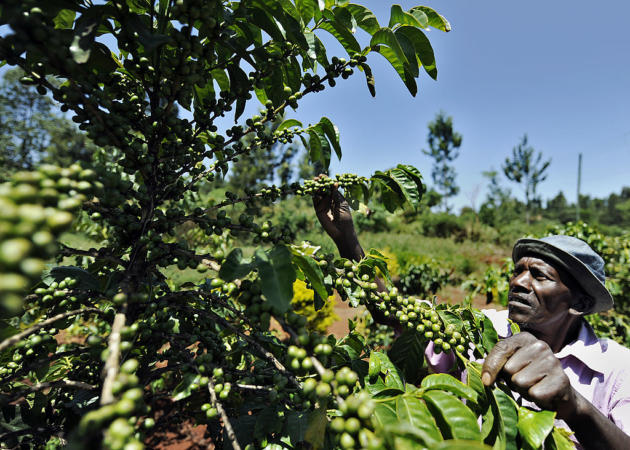For as long as the average American can remember, the words “coffee grower” immediately conjured up images of Juan Valdez and other South and Central American farmers. But, thanks to the pandemic, Black coffee growers are reclaiming their place in the global market.
As with everything else in the world, the origins of actual coffee-growing trace back to Africa. According to the History of Coffee, the Moroccan mystic Ghothul Akbar Nooruddin Abu al-Hasan al-Shadhili first reported the growth and use of coffee while traveling in the Sheba Empire, which existed in 850 CE in what is now Ethiopia and Yemen. (Kaffa, a town in modern-day Ethiopia, literally means “coffee.”)
But thanks to Dutch colonialism in Africa, coffee seeds were stolen and brought to the West Indies in the 1600s — and with the seeds came the slaves, who went from Black coffee growers to plantation workers.
Today, the international coffee industry is a $225 billion operation, yet “less than 10% of that aggregate wealth stays in producing countries, and only 5% to 7% makes it to the farmers themselves,” according to Heifer.org.
That means that Black coffee growers in Africa are stuck in a cycle of poverty.
Fortunately, thanks to the pandemic, that’s all changing. Efforts are continuously being made in the coffee space to continue diverse representation, and mogul Mellody Hobson — who, in addition to all her other accomplishments, is the chairwoman of the Starbucks Corporation — says that about 2% of Fortune 500 spending right now is with minority business enterprises.
Then there’s the case of Phyllis Johnson, a coffee importer whose open call to action resulted in the formation of the Coffee Coalition of Racial Equity (CCRE), which consists of 16 international board members with the goal to empower and support Black business and weave diversity into the supply chain. Johnson believes that Black coffee growers need to reclaim their place in the coffee industry because it gets to what she calls “the heart of the matter.”
“The pandemic pretty much just shut it all down. And for me, it put a spotlight on the real issue,” she said, according to Fortune. “[Coffee] isn’t about romanticizing the altitude and the flavor profile, it really is getting to the heart of the matter. And it’s a matter that we don’t like to talk about.”
This means that the coffee industry will continue to tap into their Black base to remain afloat in the changing times ahead, and that also means that Black coffee growers will finally — hopefully — be getting their due.


